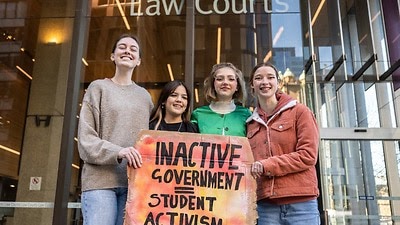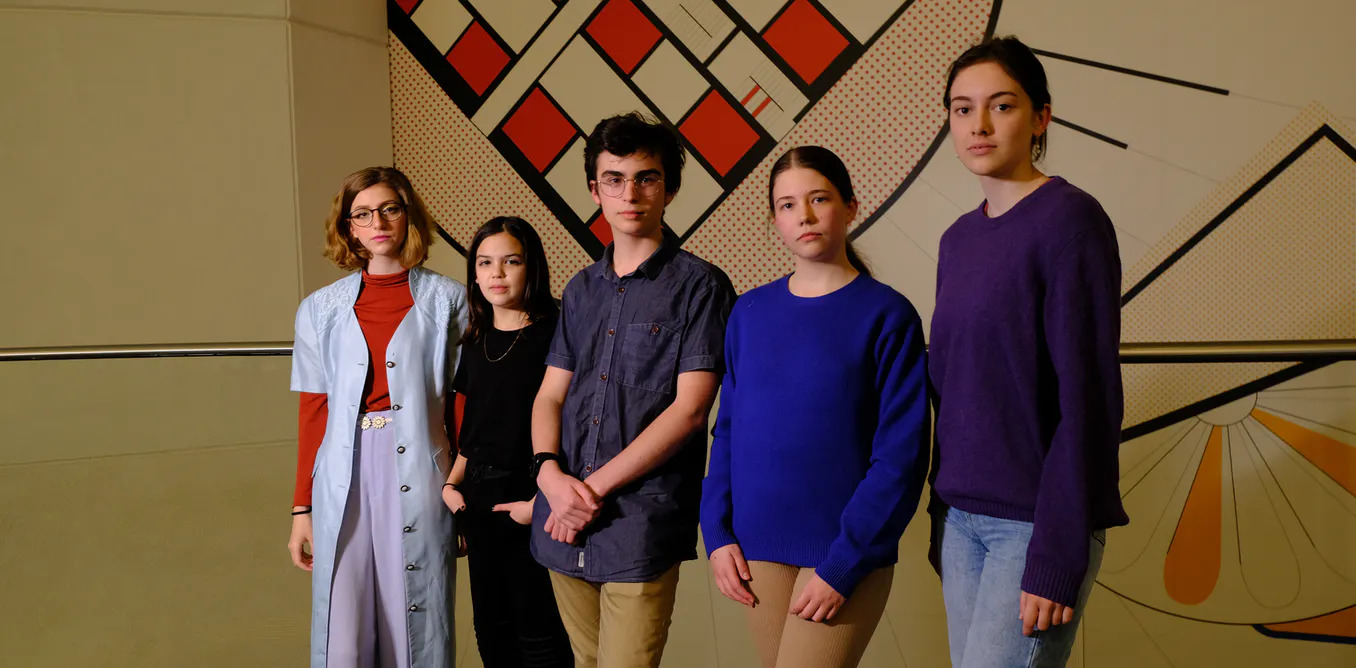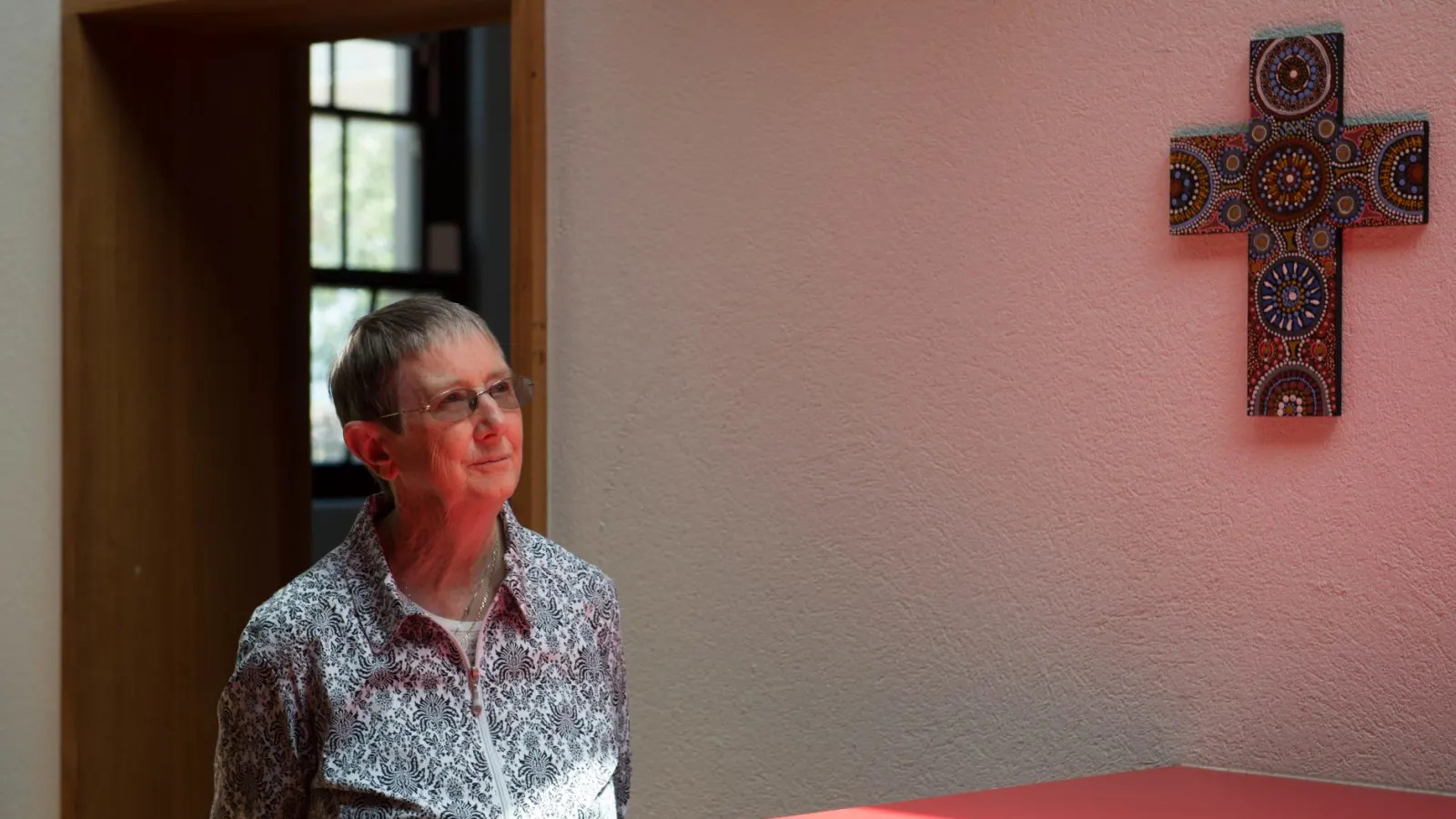
- Sustainable Planet -
- 3mins -
- 345 views
Eight high school kids and a nun deal devastating blow to Australian coal industry
Australian court rules the country’s environment minister has an obligation to children to consider the harm caused by climate change when deciding whether to approve coal mine expansion.
How 8 high school students and a nun may have doomed Australian coal’s future
Eight Australian high school students and an 86-year-old Catholic nun may have just doomed the country’s colossal coal industry, following a court ruling that the Federal Environment Minister has a duty of care to avoid harm to young people from climate change. With Australia being the world’s largest exporter of coking coal and the second-largest for thermal coal, this poses a significant threat to the future of the carbon-centric industry.

Australian teens win landmark climate case against the government
On 27 May, an Australian court ruled that the country’s environment minister has an obligation to children to consider the harm caused by climate change when deciding whether to approve a coal mine expansion.
The Federal Court of Australia made the ruling in a class action suit brought by eight teenagers, aged between 14 and 17, and an 86-year-old nun acting as their litigation guardian.
The case was brought on behalf of all Australian children and teenagers, against the Australian Environment Minister Sussan Ley (and Vickery Coal Pty Ltd as a second respondent) .
In the suit, the teens argued that the expansion of Whitehaven Coal’s (WHC.AX) Vickery mine in near Gunnedah, New South Wales, would contribute to climate change and thereby threaten their future.
Their aim was to prevent Ley from possibly approving the project, arguing that to do so would endanger their future because of climate hazards, including causing them injury, ill health, death or economic losses.
Source: Reuters

hitting companies and governments with massive liabilities is an effective strategy
Australia is the world’s largest exporter of coking coal, used to make steel, and second-largest in thermal coal for power generation. In recent years, the industry—both domestically and abroad—has become a political battleground.
The court ruling was only a partial victory, as the judge stopped short of granting an injunction to prevent Environment Minister Sussan Ley from approving the mine.
However, in his ruling Justice Mordecai Bromberg said that the minister could foresee the possibility of future harm caused to the children in the case by the increase in carbon dioxide emissions from Whitehaven’s expansion and therefore must recognise a so-called duty of care, or moral obligation, to the children, when approving it.
Australia’s federal government said it will study the judgment, but the implications of this ruling go well beyond a single 10 million-tonnes-per-year coal mine. This case opens the door for citizens to be able to sue the state for damages caused by climate change, using the argument that the government was well aware of the risks yet still took actions that contributed to increasing carbon emissions.
If the government deems the risk of being sued by its own citizens to be high, it may be forced to concede that approving more coal will be problematic.
A factor in common with the recent Dutch (Shell) and American (Exxon and Chevron) rulings is that for companies—and now governments— the risks of legal actions and actually being held accountable on climate change-related issues are not only very real, but increasing.
Environmental activists have finally realised that hitting companies and governments with potentially massive liabilities is a far more effective strategy than having protesters chain themselves to mining equipment or staging similar high-profile but ultimately low-impact demonstrations.
Source: Reuters


